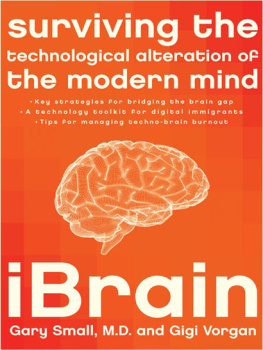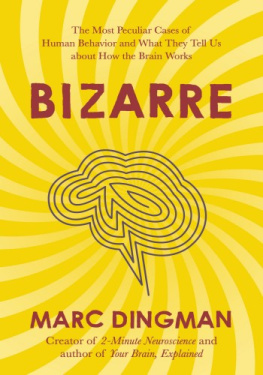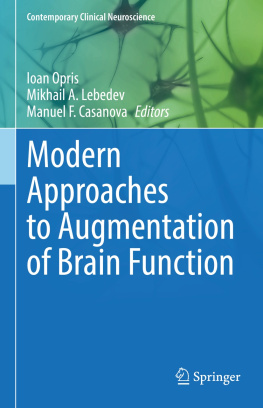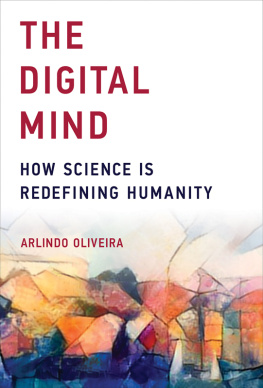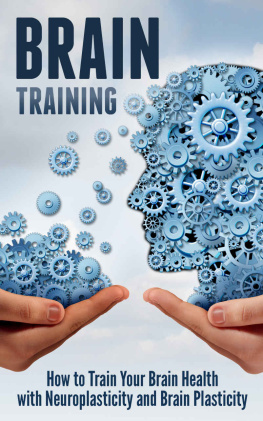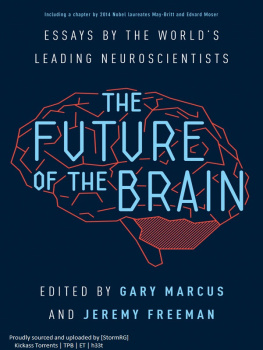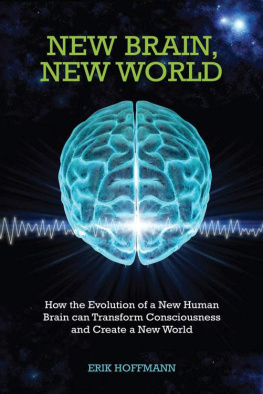Youre on a plane packed with other business people, reading your electronic version of the Wall Street Journal on your laptop while downloading files to your BlackBerry and organizing your PowerPoint presentation for your first meeting when you reach New York. You relish the perfect symmetry of your schedule, to-do lists, and phone book as you notice a woman in the next row entering little written notes into her leather-bound daily planner book. You remember having one of thoseWhat? Like a zillion years ago? Hey lady! Wake up and smell the computer age.
Youre outside the airport now, waiting impatiently for a cab along with a hundred other people. Its finally your turn, and as you reach for the taxi door a large man pushes in front of you, practically knocking you over. Your briefcase goes flying, and your laptop and BlackBerry splatter into pieces on the pavement. As you frantically gather up the remnants of your once perfectly scheduled life, the woman with the daily planner book gracefully steps into a cab and glides away.
The current explosion of digital technology not only is changing the way we live and communicate but is rapidly and profoundly altering our brains. Daily exposure to high technologycomputers, smart phones, video games, search engines like Google and Yahoostimulates brain cell alteration and neurotransmitter release, gradually strengthening new neural pathways in our brains while weakening old ones. Because of the current technological revolution, our brains are evolving right nowat a speed like never before.
Besides influencing how we think, digital technology is altering how we feel, how we behave, and the way in which our brains function. Although we are unaware of these changes in our neural circuitry or brain wiring, these alterations can become permanent with repetition. This evolutionary brain process has rapidly emerged over a single generation and may represent one of the most unexpected yet pivotal advances in human history. Perhaps not since Early Man first discovered how to use a tool has the human brain been affected so quickly and so dramatically.
Television had a fundamental impact on our lives in the past century, and today the average persons brain continues to have extensive daily exposure to TV. Scientists at the University of California, Berkeley, recently found that on average Americans spend nearly three hours each day watching television or movies, or much more time spent than on all leisure physical activities combined. But in the current digital environment, the Internet is replacing television as the prime source of brain stimulation. Seven out of ten American homes are wired for high-speed Internet. We rely on the Internet and digital technology for entertainment, political discussion, and even social reform as well as communication with friends and co-workers.
As the brain evolves and shifts its focus toward new technological skills, it drifts away from fundamental social skills, such as reading facial expressions during conversation or grasping the emotional context of a subtle gesture. A Stanford University study found that for every hour we spend on our computers, traditional face-to-face interaction time with other people drops by nearly thirty minutes. With the weakening of the brains neural circuitry controlling human contact, our social interactions may become awkward, and we tend to misinterpret, and even miss subtle, nonverbal messages. Imagine how the continued slipping of social skills might affect an international summit meeting ten years from now when a misread facial cue or a misunderstood gesture could make the difference between escalating military conflict or peace.
The high-tech revolution is redefining not only how we communicate but how we reach and influence people, exert political and social change, and even glimpse into the private lives of co-workers, neighbors, celebrities, and politicians. An unknown innovator can become an overnight media magnet as news of his discovery speeds across the Internet. A cell phone video camera can capture a momentary misstep of a public figure, and in minutes it becomes the most downloaded video on YouTube. Internet social networks like MySpace and Facebook have exceeded a hundred million users, emerging as the new marketing giants of the digital age and dwarfing traditional outlets such as newspapers and magazines.
Young minds tend to be the most exposed, as well as the most sensitive, to the impact of digital technology. Todays young people in their teens and twenties, who have been dubbed Digital Natives, have never known a world without computers, twenty-four-hour TV news, Internet, and cell phoneswith their video, music, cameras, and text messaging. Many of these Natives rarely enter a library, let alone look something up in a traditional encyclopedia; they use Google, Yahoo, and other online search engines. The neural networks in the brains of these Digital Natives differ dramatically from those of Digital Immigrants: peopleincluding all baby boomerswho came to the digital/computer age as adults but whose basic brain wiring was laid down during a time when direct social interaction was the norm. The extent of their early technological communication and entertainment involved the radio, telephone, and TV.
As a consequence of this overwhelming and early high-tech stimulation of the Digital Natives brain, we are witnessing the beginning of a deeply divided brain gap between younger and older mindsin just one generation. What used to be simply a generation gap that separated young peoples values, music, and habits from those of their parents has now become a huge divide resulting in two separate cultures. The brains of the younger generation are digitally hardwired from toddler-hood, often at the expense of neural circuitry that controls one-on-one people skills. Individuals of the older generation face a world in which their brains must adapt to high technology, or theyll be left behindpolitically, socially, and economically.
Young people have created their own digital social networks, including a shorthand type of language for text messaging, and studies show that fewer young adults read books for pleasure now than in any generation before them. Since 1982, literary reading has declined by 28 percent in eighteen-to thirty-four-year-olds. Professor Thomas Patterson and colleagues at Harvard University reported that only 16 percent of adults age eighteen to thirty read a daily newspaper, compared with 35 percent of those thirty-six and older. Patterson predicts that the future of news will be in the electronic digital media rather than the traditional print or television forms.

